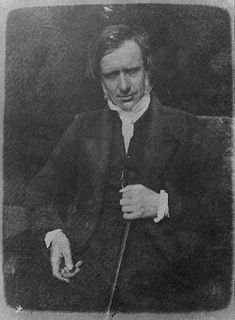A Quote by Marcus Tullius Cicero
No poet or orator has ever existed who believed there was any better than himself.
Related Quotes
In eloquence, the great triumphs of the art are when the orator is lifted above himself; when consciously he makes himself the mere tongue of the occasion and the hour, and says what cannot but be said. Hence the term "abandonment" to describe the self- surrender of the orator. Not his will, but the principle on which he is horsed, the great connection and crisis of events, thunder in the ear of the crowd.
The thing that you have to understand about those of us in the Black Muslim movement was that all of us believed 100 percent in the divinity of Elijah Muhammad. We believed in him. We actually believed that God, in Detroit by the way, that God had taught him and all of that. I always believed that he believed in himself. And I was shocked when I found out that he himself didn't believe it.
The spiritual kinship between Lincoln and Whitman was founded upon their Americanism, their essential Westernism. Whitman had grown up without much formal education; Lincoln had scarcely any education. One had become the notable poet of the day; one the orator of the Gettsyburg Address. It was inevitable that Whitman as a poet should turn with a feeling of kinship to Lincoln, and even without any association or contact feel that Lincoln was his.
It has taken me a long time to realize where I most disagree with Marx. His assessment of capitalism is far too favorable. He took its instability, inhumanity and irrationality to be signs that it was a merely transitional form, which had delivered into humanity's hands the means to a much better way of life than any that have ever existed on earth. Marx could not bring himself to believe that our species is so benighted, irrational and slavish that it would put up with such a monstrous way of life.
However tiresome to others, the most indefatigable orator is never tedious to himself. The sound of his own voice never loses its harmony to his own ear; and among the delusions, which self-love is ever assiduous in attempting to pass upon virtue, he fancies himself to be sounding the sweetest tones










































